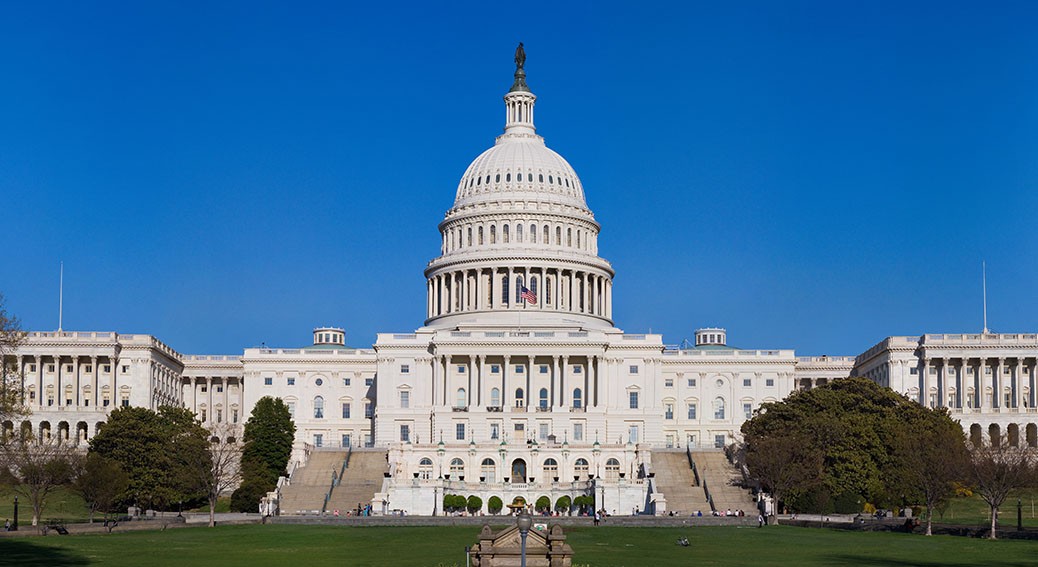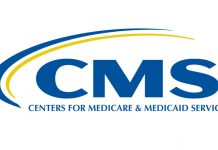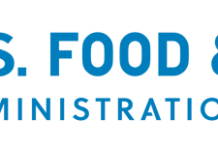The Senate adjourned late last week for their August recess after proposals to repeal and partially replace the Affordable Care Act failed. However, uncertainty remains related to the future of the Cost-Sharing Reduction (CSR) program along with a number of time-sensitive legislative issues that lawmakers will face when they return after Labor Day.
State insurance commissioners attending their national association summer meeting expressed frustration with the gridlock in Washington. They warn if CSR payments are eliminated it threatens coverage for consumers and the solvency of some insurers.
Currently, CSR payments total approximately $8 billion in support to insurers. The Trump administration has been making payments on a month-by-month basis. Insurers have said failure to continue making these payments would force dramatic premium increases and cause some insurers to leave the individual market. Repeated threats to withdraw CSR subsidies seek to undermine and destabilize the individual insurance market.
The Senate Health Education Labor and Pensions Committee plans to hold bipartisan hearings in early September on proposals to stabilize the individual insurance market. The committee hopes to produce a bill by mid-September, which coincides with the time insurers must commit to rates for plans offered in the 2018 insurance exchange. Learn more about the hearings here.
In the House, group of 40 lawmakers put forth their own plan. The so called “problem solvers” proposed creating a stability fund that would fully fund CSR payments that help offset low-income ACA enrollees’ co-payments and deductibles. However, the proposal contains troublesome cuts to health care providers in the form of bad debt and post-acute care provider reimbursements. To read more about their proposal here.
Also, lawmakers are considering establishing a reinsurance mechanism to help offset insurers’ bills for high-cost medical treatment and allow individuals in counties in which no insurer is offering a plan on the exchange to purchase coverage through the Washington, D.C. exchange.







